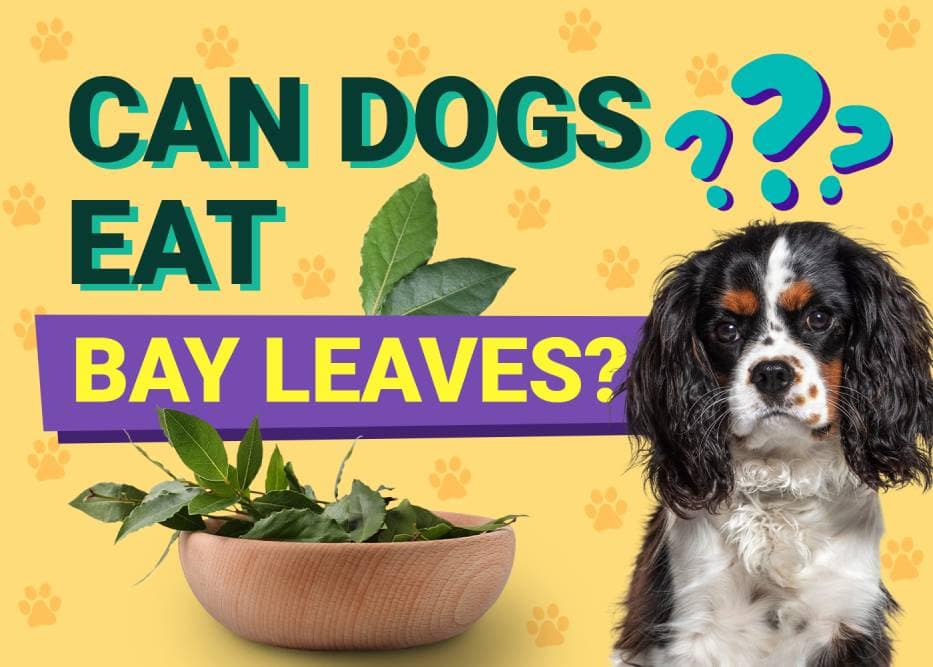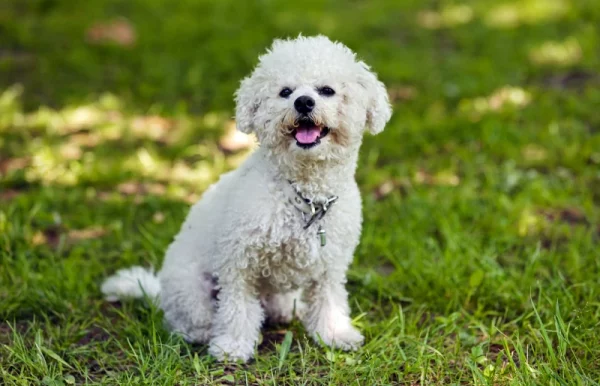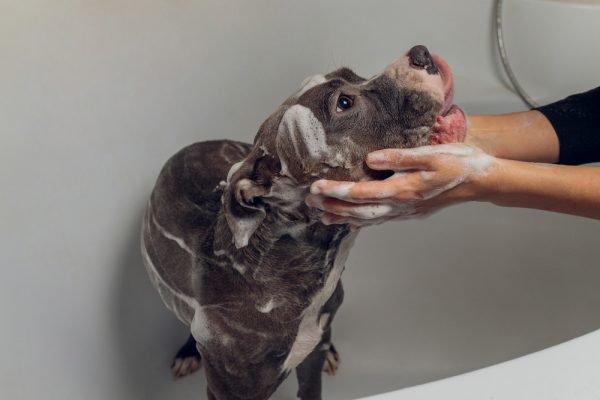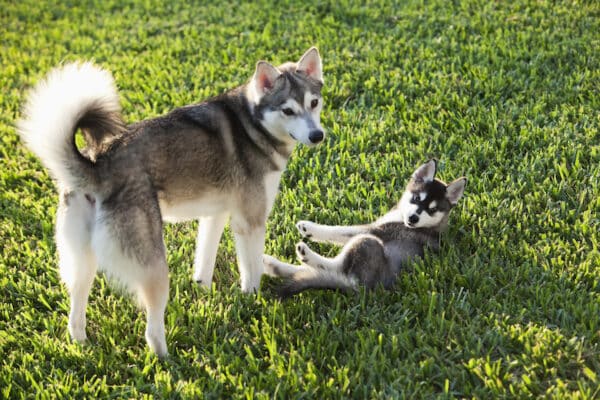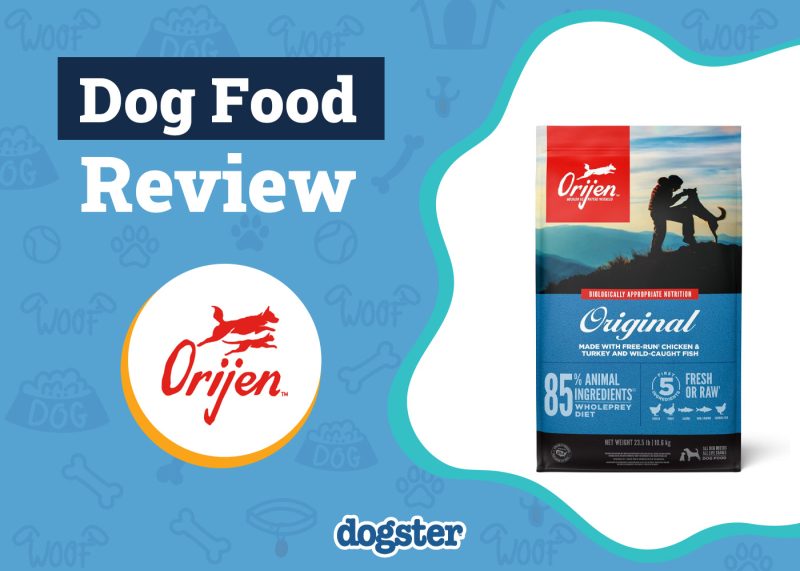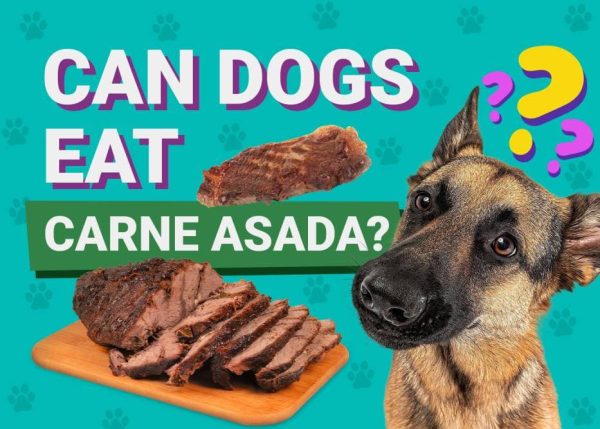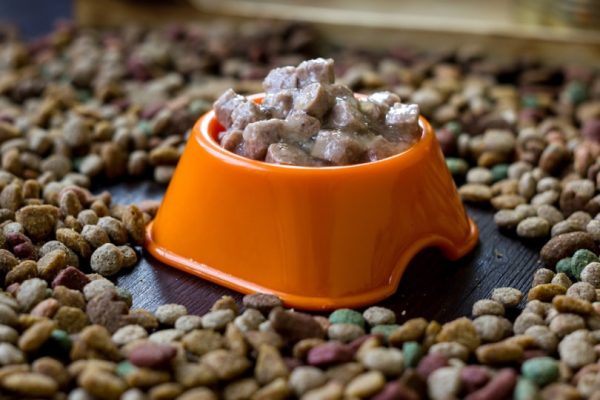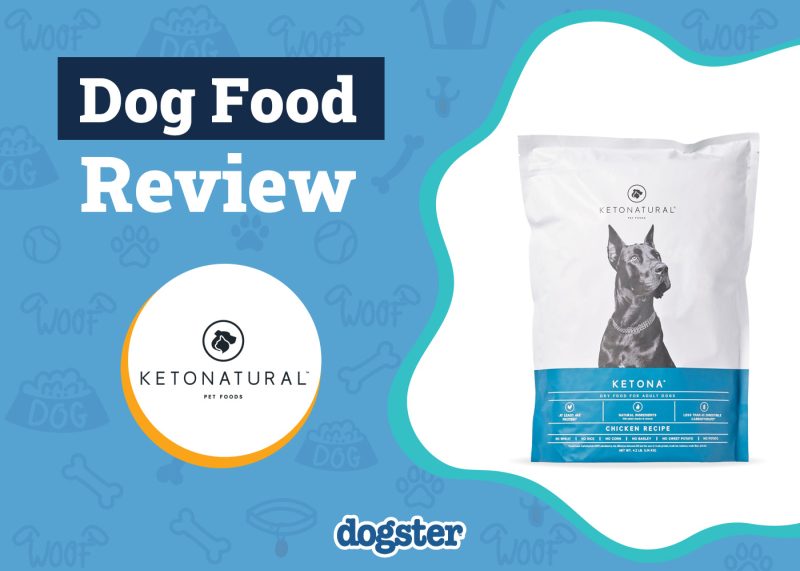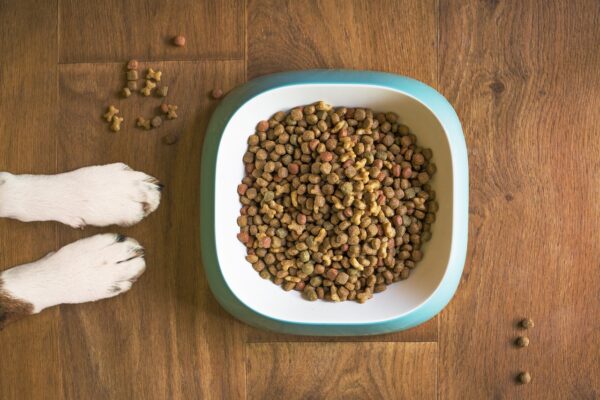Dogs often have a way of charming their way to eating their humans’ table food. While many of us find them irresistible and often give in, feeding them scraps of our own food, it’s important to know if the food you’re eating is also safe for dogs to eat.
Bay leaves are an ingredient in many recipes, and you may wonder if they are safe to feed your dog. Unfortunately, no, you cannot give dogs bay leaves. Bay leaves are toxic for dogs and cannot be ingested by them safely.
Below, we’ll discuss what makes bay leaves dangerous for dogs, and what to do if they accidentally eat them!

Why Are Bay Leaves Dangerous for Dogs?
The bay leaf is an aromatic leaf commonly used as a seasoning for cooking. It is used in a variety of cuisines around the world, from Indian and Filipino food in Asia to French and Greek cuisines in Europe. Bay leaves are used in soups, brines, meats, seafood, vegetable dishes, and sauces. The leaves are eventually discarded after cooking and are not consumed by humans.
Bay leaves contain various essential oils that are toxic to dogs, including eugenol.1 These essential oils are why they are not safe for dogs. Canines do not have the necessary enzymes in their digestive system that allow them to properly digest them. Ingestion of bay leaves can cause various symptoms, such as diarrhea, vomiting, and lethargy, which may require prompt medical attention.
Aside from eugenol and the other essential oils in bay leaves, the physical properties of the bay leaves can cause complications for your dog. Since they cannot properly digest the leaf, it can cause blockages in the digestive tract. The sharp edges of the leaf can also cause scratches and abrasions along the digestive tract, leading to internal damage.
What Do I Do If My Dog Ate Bay Leaves?
If you discover that your dog consumed a bay leaf (or leaves), ensure that all other bay leaves are no longer within reach of your dog. Monitor your dog for signs of diarrhea, vomiting, lethargy, and any other changes in behavior or visible signs of discomfort. The signs may vary depending on different factors, such as age, size, and the amount of bay leaves consumed by your dog.
If your dog consumes only a small piece of bay leaf, chances are you will see little to no signs of discomfort. But if your dog consumed several leaves, they may be at risk of digestive distress. Regardless of the amount, it is always best to consult your veterinarian for recommendations and medical care.
If you need to speak with a vet but can't get to one, head over to PangoVet. It's our online service where you can talk to a vet online and get the advice you need for your pet — all at an affordable price!
Can Dogs Eat Leaves?
Dogs are, in fact, omnivores who can consume meat and plant-based sources. Leaves and grass are not generally harmful, and you may find your dog consuming a few, especially if you live in an area with trees. Dogs are also curious creatures and may use their mouths to explore their surroundings, which may occasionally lead them to consume leaves off the ground.
While technically safe, keeping them from eating large quantities of leaves is still best. Not only will they not receive much nutritional value from leaves, but they may also experience a blockage or accidentally consume a toxic plant.
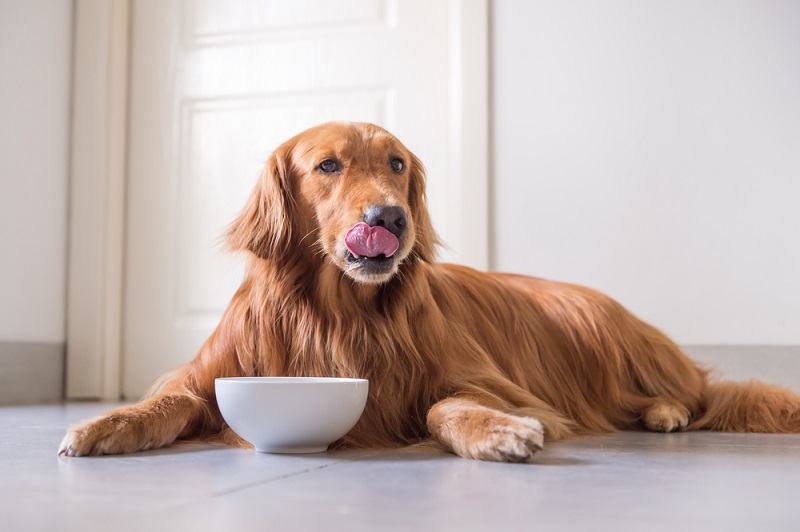

Conclusion
Bay leaves are dangerous for dogs due to their chemical and physical properties. They contain numerous essential oils that are toxic to dogs, especially eugenol. Dogs cannot break down these essential oils because they lack the necessary enzymes to digest them. Bay leaves in sufficient quantities can also cause blockages and internal damage in the digestive tract.
It is best to keep a close eye on the food your dog eats, as humans and dogs have different digestive systems. What is safe for humans to eat is not always safe for dogs, so it is best to be careful what you feed your dog!
See also:
